That which we are accustomed to do, our knowledge, attitude and practice becomes an uphill task to relinquish, to let go. “Old habits die hard” is common knowledge.
It is no wonder scripture queries in Jeremiah 13.23 – “Can the Ethiopian change his skin, or the leopard his spots? Then may ye also do good that are accustomed to do evil.”
Incarceration, by default, has a reversal effect on the clearly defined role play in the family unit with respect to the husband and wife.
Whereas scripture, in Ephesians 5.24, instructs to the believer that “therefore as the church is subject unto Christ, so let the wives be to their own husbands in everything”, incarceration compels the imprisoned man to be submissive to the correctional system with its strict rules and regulations. He is estranged to love in equal measure as to the wife who is in another kind of cell, outside the prison walls.
By default, this wife is pushed to take on a less submissive but more dominating role, for the survival of the family in the patriarchal society.
In “Weak Link: How gayism in prison sabotages war on HIV”, published by Nation Digital, Angela and Abiud O observed that “for many years, Kenyan prisoners have asked to be granted conjugal visits without success.
“Unfortunately, the result has been rampant homosexuality in men’s prisons and with this, the spread of HIV. In fact, so bad is the situation that fighting over male ‘spouses’ has been blamed for prison fights,” they concluded.
Brought out in this article is the question of sodomy as associated with incarceration.
Whether as a perpetrator or as a victim, the whole act of sodomy is ostracized in many sub-Saharan African cultures. With this condemnation comes an equal measure of generalized stigma associated with anyone in or from the prison cells as suspects of the vice.
It may not be spoken openly but returnees from incarceration are viewed mostly as those whose sexuality has been compromised and regarded as “lesser men”. This is one of the factors that make re-entry and reintegration becomes such an uphill task.
This makes it difficult for male ex-convicts to spontaneously take on the lead role in the family.
The seeming delay exposes them to taunts from their peers who never saw the gates of prison.
Altering perceptions
They are mocked as weak. Their wives, exhausted from fighting it out in the male-dominated patriarchy and may be eager to just hand over their role, become impatient to wait any longer.
Others are less trusting to leave their dominating role to one who now seems a stranger. They may not be willing to let go. This brews conflict which may be expressed with much brutality of pent up emotions risking so much damage.
Granted, it follows that when this role reversal is protracted as would be the case in longer commitments, it equally tends to take a while to readjust at reunion after incarceration.
Incarceration has the potential of gravely altering perceptions. It remains of necessity to have a deliberate incorporation of service; mentoring on the knowledge, attitude and practice of re-loving and resubmitting to each other to quell the potential disruption of power play between husband and wife.
This is the only ambience to advocate for the survival of the family unit beyond incarceration. This is an essential element that each Prison ministry should consider incorporating.
At Advocacy for Incarcerated Families, keen interest is taken in the couples to help learn and unlearn picked up and lost traits for the survival of the family unit. It is conceivably possible for each spouse to project negative experiences during the “missing in action” phase occasioned by incarceration.
It is these stray bullets which if not fended off through structured counseling and conflict resolution techniques, which have the ready potential of fanning up the flames of domestic violence.
Instead of the ill-advised biases against the ex-convict reintegration as the norm is, AFIFA considers the returning ex-prisoner and the wife as a unit that need collective adjustments, each party ceding some ground for the benefit of the family.
Failure to attend to this as often is the case, potentiates conflict sooner or later. This protracted conflict renders the family dysfunctional and is fodder for recidivism (returning to crime).
Those involved with curbing the adverse effects of incarceration on the family will do well to pay attention and address the reintegration power play.















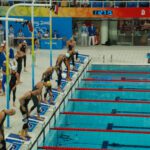

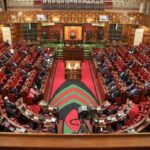




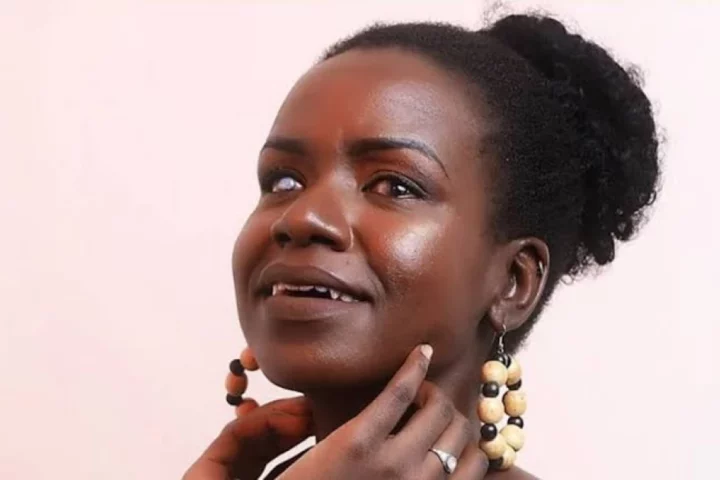
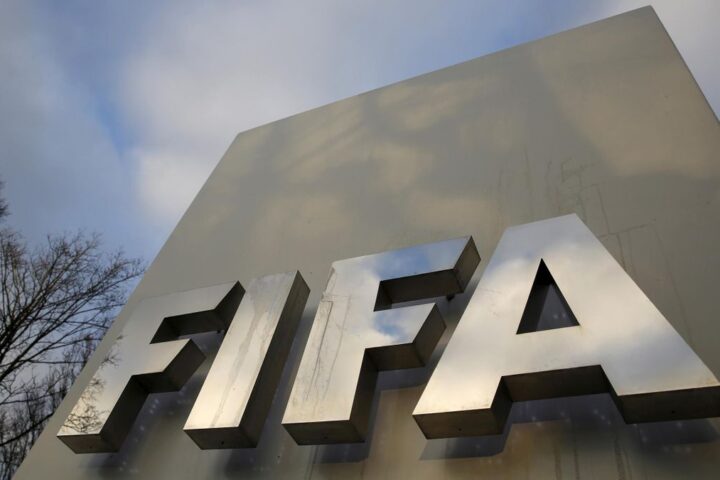

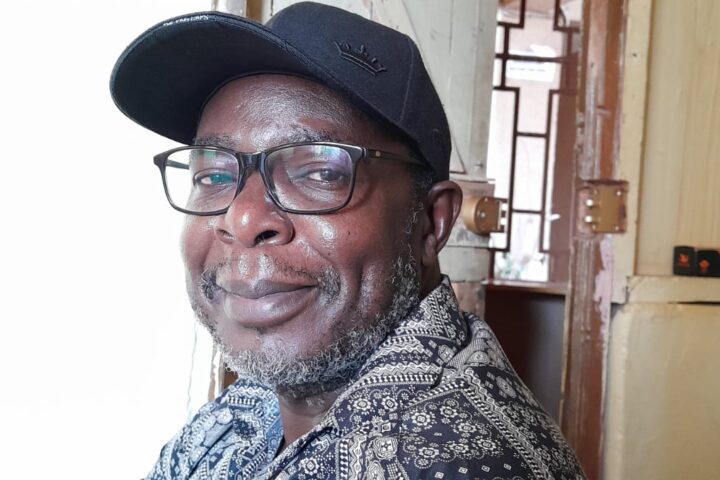


Good keep up
Great initiative. May the Lord who granted you this vision bring on board vision supporters to lift your hands towards implementation this great ideas.
May the vision go a long way